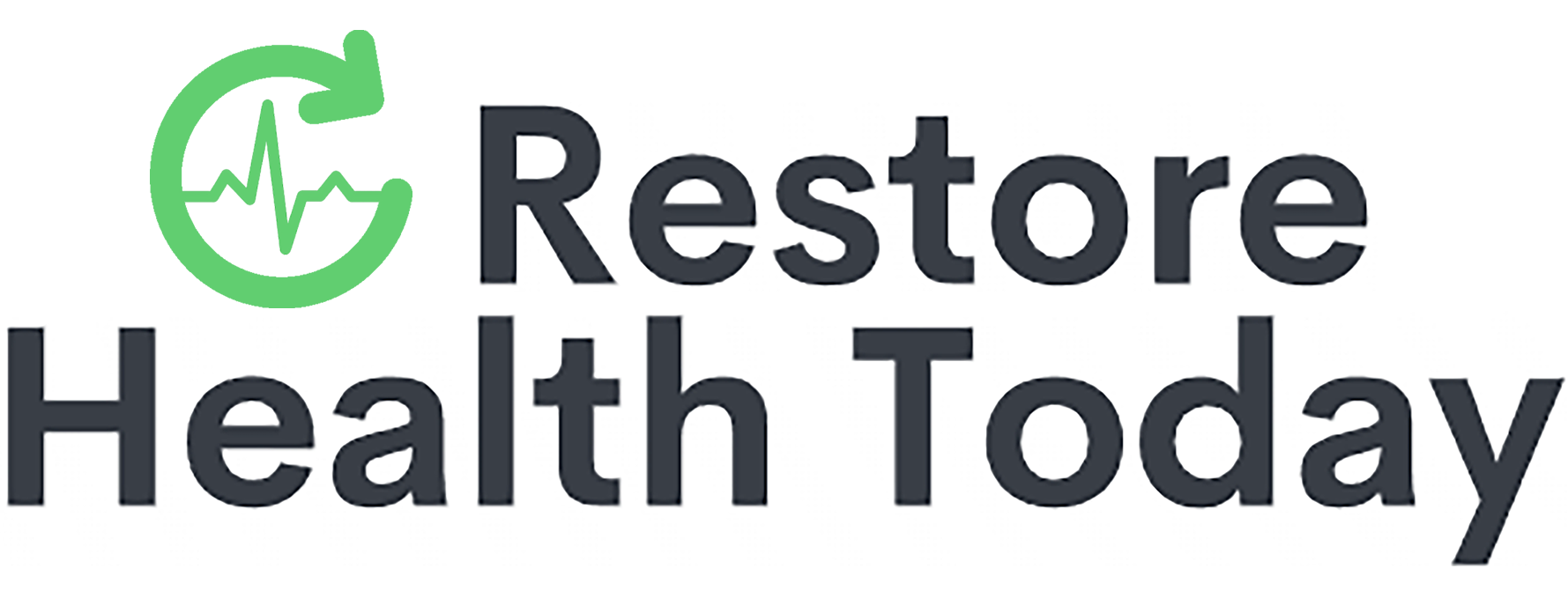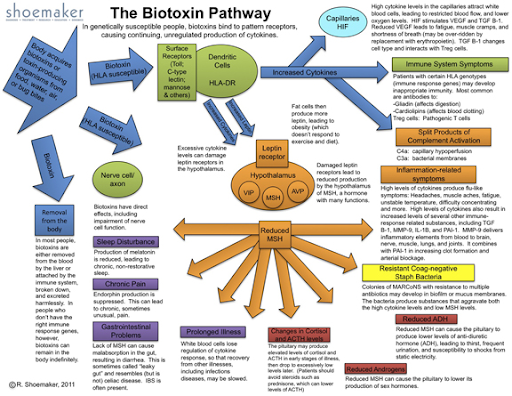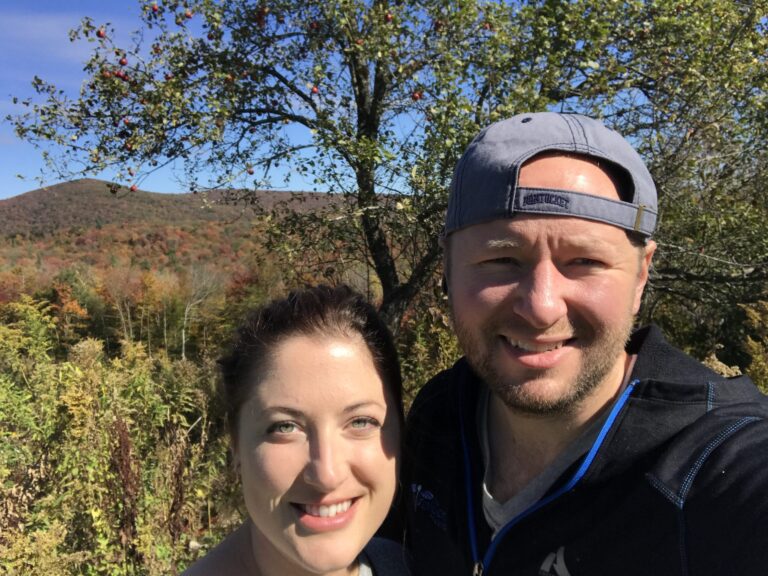- Increase omega threes and decrease omega sixes.
- Omega threes make all cells, including those lining the blood vessels, more flexible.
- Also, when cells die, and their cell walls are processed, the omega threes break down into anti-inflammatory chemicals (prostaglandins), whereas omega sixes break down into inflammatory prostaglandins.
- Omega threes come from fish and wild game animals. Omega sixes come from us eating corn and soy, or eating cows or chickens or pigs eating corn or soy (grain-fed meat).
- Some sources of omega threes include Carlson Brand Lemon-flavored cod liver oil, krill oil, Nordic natural supplements.
- Goal is 3-6000 mg of omega threes per day.
- If you are on a blood thinner, or you are at risk of bleeding, or you are scheduled for surgery, you should consult your doctor about taking omega threes.
- Optimize Vitamin D
- Vitamin D is involved in controlling inflammation in four different major pathways.
- Optimal vitamin D level is 70-90 mg/dl ?
- Recognize that there is no amount of sun in Alaska which will increase or maintain your vitamin D level. Therefore, take your vitamin D throughout the year.
- When you take vitamin D, you should also take Vitamin K2.
- Vitamin K2 will help route the extra calcium absorbed by your vitamin D to go into your bones instead of into your arteries (where the calcium combines with cholesterol to make plaques / hardening of the arteries.
- Optimal Vitamin K2 dose is not known. Consider taking 250 mg. Consider Life Extension’s “Super K”.
- Homemade sauerkraut or Bubbies brand sauerkraut is another source of vitamin K2
- You should exercise caution (consult a healthcare provider) in taking vitamin D if you have any of the following:
- Any granulomatous disease including sarcoidosis and tuberculosis
- Are taking hydrochlorothiazide
- Have high calcium level in the blood
- Have hyperparathyroidism
- When you start taking vitamin D, or when you increase the dose of vitamin D, you should check the vitamin D and calcium level in two months, and make sure that the vitamin D is in the optimum range and that the calcium level is not high.
- Limit chronic stressors, either physical or emotional, which elevate cortisol and inflammation. Consider any of the following:
- Yoga, Qigong, Tai chi
- Mindfulness, meditation, prayer
- Exercise, which increases GABA, endorphins and serotonin, all of which help people relax.
- Mild to moderate (not extreme) exercise decreases inflammatory mediators (inflammatory cytokines) throughout the body.
- Do not overexercise. Doing too much exercise can break down tissue, tax the adrenal glands and deplete cortisol production and exhaust the mitochondria (which have to do w/ energy production). If you feel extra tired for hours or days after exertion, you have done too much. Marathon runners often live shorter lives due to overexertion.
- Weight loss (if you are overweight) decreases inflammation.
- Truncal obesity is a major contributor to elevated CRP (C-reactive protein), a non-specific indicator of inflammation.
- 75% or our immune system, 75% of our lymph nodes surround our intestines in our abdomen.
- It makes sense that our body would harbor toxins and inflammatory molecules in the least metabolically active cells in the body—fat cells, in the area closest to the lymph nodes, our midriff. When we focus on weight loss and detoxification, our midriff shrinks and inflammation decreases (see below under detoxification).
- Truncal obesity is a major contributor to elevated CRP (C-reactive protein), a non-specific indicator of inflammation.
- Spirituality and purpose: People who have found meaning and a connection to spiritual powers and purpose greater than themselves which they can participate in live longer, healthier lives.
- Relationships and community: Those people who have close family and social relationships live longer, healthier lives (see the book: The Blue Zones).
- Treat occult infections which keep our immune system activated, and perpetuate inflammation and high blood pressure.
- Look for and treat dental cavities, dental cavitations, chronic Mono, Yeast overgrowth, Lyme disease and Lyme co-infections, parasites and other hidden infections.
- Evaluate stool for unhealthy bacteria, parasites and yeast.
- Detoxify:
- Decrease toxin intake and assist body (especially the liver) in detoxification. Especially drink clean (usually filtered) water.
- Eat clean (usually organic) food.
- To help phase one and phase two of detoxification in the liver, take B vitamins (especially B12, unless it increases BP or causes agitation), Glutathione / NAC, Magnesium, Milk Thistle/Silymarin.
- Ensure a daily BM.
- Consider daily saunas, ionic foot baths.
- Look for and treat mold / mycotoxin illness.
- Consider chelation. One study showed that 11 IV chelation treatments normalized BP in most patients that they treated –which suggests that heavy metals may play a major role in hypertension.
- Nutrition: Ensure assimilation of essential nutrients and repair the gut as needed
- Anti-inflammatory diet: Most important is to avoid starches and sweets.. Consider an Organic whole 30 or Paleo or ketogenic diet w/ no desserts.
- Avoid foods which can cause inflammation such as starches and sweets, gluten, milk products. Consider avoiding , other commonly allergenic foods such as oranges, corn, soy, eggs, peanuts.
- Heal Leaky Gut / intestinal permeability: Take probiotics, glutamine, aloe vera, etc.
- Treat Small Intestinal Bacterial or Fungal Overgrowth (SIBO or SIFO).
- Take enzymes and HCL (as needed) with meals,
- Do IgE and IgG food testing and stop foods that you are allergic or sensitive to.
- Nutrient-dense diet w/ organic vegetables as a major part of the diet.
- Minerals and vitamins
- Get serum zinc, copper and other levels. Zinc levels should be the same as or greater than copper levels.
- Get serum iron and Ferritin levels. If Ferritin level is > 30-60 in someone with autoimmune disease, consider therapeutic phlebotomy to decrease the iron load.
- Check Magnesium levels and supplement if they are low. The most accurate magnesium levels are red blood cell magnesium levels.
- Get homocysteine level. If it is > 7, then there are methylation and associated detoxification problems. Treat this with P5P, TMG, 5MTHF, and methylcobolamin. Discuss treatment with Dr. Carlson or Becca.
- Get Vitamin B12 level. If it is below 500, consider supplementing with oral or IM Vitamin B12.
- Take natural anti-inflammatories such as Bromelain, Turmuric (a source of curcumin), ginger, and rosemary. The best anti-inflammatory is Turmeric, the yellow spice found in curry. Take 200 mg twice a day with food.
- Take enzymes, four capsules twice a day between meals for six weeks (such as bromelain)
- Increase anti-oxidants in diet such as turmeric, ginger, garlic, Vit C, Vit E, Selenium
- Consider consuming bone broth every day which is a great source of nutrients, including minerals and collagen
- If BP or pulse or temp increases w/ certain foods, than these foods should be discontinued.
- Avoid antibiotics, steroids, non-steroidal anti-inflammatory drugs which damage the microbiome (the healthy bacteria and healthy fungus in our guts).
- Treat hyperinsulinemia and hyperglycemia which are major contributors of inflammation.
- Check HBA1C, fasting insulin, fasting blood sugar. If they are elevated, adjust diet, exercise, loose weight to detoxify to decrease insulin resistance.
- Too much sugar and other refined carbs, and the resultant excess body fat are the greatest contributors to inflammation, both in the brain and in the rest of the body. The most common reasons for occult or hidden elevated CRP or “C-reactive protein” are truncal obesity and dental infections. Both of these things should be treated to eliminate a “ramped up” immune system and associated inflammation.
- Balance sex hormones –use bioidentical hormones as needed. The hormones progesterone, estradiol, testosterone, SHBG, DHEA used in the right proportion help protect arteries, the heart, bone, muscle, and the brain. They also protect from cancer, help with weight control and give a sense of well-being.
- Get adequate and optimal sleep.
- Treat sleep apnea as needed.
- Sleep 7-8 hours every night. Our brain and immune system detoxifies and rejuvenates at night.
- Avoid late night snacks to optimize sleep.
- The most important time to sleep is between 9 pm and 3 am.
- Consider taking melatonin or tryptophan or GABA or magnesium, or phosphatidylserine to help you sleep (consult a healthcare provider for guidance about these supplements).
- Consider subdued light for two hours before you go to sleep. This changes serotonin (a neurotransmitter which helps us with positive mood) into melatonin (which helps you sleep and is also an anti-oxidant).
- We suggest that you decrease blue light exposure (by wearing glasses that screen out blue light) through the day and especially in the late afternoon and evening.
- Optimize sleep by increasing bright (but not blue) light early in the day. This changes the melatonin back into serotonin.
- For more in-depth screening for causes of inflammation:
- Consider autonomic response testing by a qualified person.
- Check any of the following markers of autoimmunity and inflammation: ESR, anti-CCP, RF, Anti-TPO and Anti-TGB antibodies, ANA, uric acid
- Markers of innate immune system dysfunction such as TGF-Beta1, VIP, MSH, MMP9, VEGF, HLADR testing
- Food allergies (IgG and IgE), celiac- or gluten-testing. Cyrex lab does in-depth testing for food allergies and sensitivities.
- Look for dental cavitations with a coned-beam 3d CT scan
- Screen for heavy metal problems with a provoked urine for heavy metal test
- Screen for mold problems with a focused history and visual contrast sensitivity test test on the website survivingmold.com. Consider agar plate test thru Immunolytics and an ERMI test to check for mold growth. Check for mycotoxins in the home or in your body through Realtime lab or Great Plains lab
- Screen for Lyme disease and co-infections with Igenix testing or discuss other options with Dr. Carlson and staff.
- Screen for nutritional deficiencies with a Nutreval or other similar tests.
- Evaluate the microbiome and assimilation problems with a comprehensive digestive stool analysis.
- Evaluate multiple metabolic pathways with an organic acid test
- C-reactive protein (a generalized marker for inflammation)
Disclaimer: Please note that the above text is a list of ideas that generally work really well to help decrease inflammation, especially chronic inflammation. However, this is not a prescription from a physician and should not be used as such. Please do your own studying and work with your healthcare professional to create a plan that is optimal for you.






